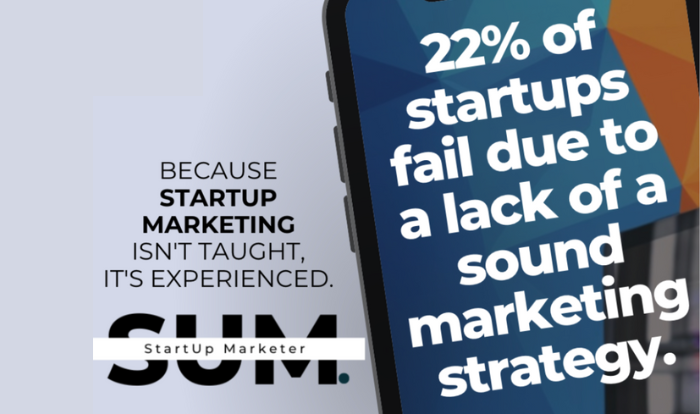Every time I do an SEO Audit for a client, I include a prioritized list of remediation strategies and tactics. One thing that’s always on that list? Ongoing SEO work because SEO is a process that never ends.
Many organizations jump head-first into SEO when they launch a new website, and then once the dust settles, they never think about it again. It’s a classic – yet costly – mistake. In fact, there are five big reasons why you need to keep your foot on the SEO gas pedal:
You’ve expanded your product offerings
If a tree falls in a forest and no one is around, does it make a sound? Similarly, if you launch new products and they’re invisible in Google’s search results, do they make an impact? Not as big of an impact as they can with an SEO-powered boost.
Part of your product launch strategy should include SEO research. Which keywords are your competitors using? Which related keywords have the most monthly searches? Are there any keywords you can pioneer? The answers to these questions will determine how you update the front and back ends of your website with your new offerings.
Your target audience has changed
Search engines have become a personal assistant of sorts, as evidenced by the fact that 14% of Google’s search queries are in the form of a question. If your new products target a new audience, you need to figure out what all of those new people are searching for.
Even if you haven’t adopted an entirely new target audience, every audience’s tastes and expectations evolve. What may have been top of mind for their search queries a year or two ago may be completely different now. If you don’t align your SEO strategy to those changes and developments, you’ll miss out on important traffic.
You’ve updated your corporate messaging
Sometimes, audience changes require a much bigger transformation – new corporate messaging that highlights new value propositions and differentiators. If your messaging goes through an overhaul, your SEO elements will need to be overhauled too. Otherwise, the story your sales and marketing teams are telling is completely different from the story Google is reading and suggesting to searchers.
Your competitors have made some changes
Ongoing competitive research is vital for a number of reasons, but many organizations overlook its impact on SEO. Instead of testing out keywords that may or may not work, you can reverse engineer what your competitors are doing, then determine what’s working and what’s not. Just like that, you’ve skipped past the hypothesis stage and moved directly to the optimization stage.
The biggest reason why SEO is never “over”? The data tells the story.
Even the most educated guesses are just guesses. With any marketing initiative, the data tells the real story. That’s why ongoing KPI analysis and optimizations have to be part of your SEO strategy.
There are so many metrics that provide insights into your SEO efforts – it’s not just about where you rank for each keyword. Instead, your SEO analysis should include attribution tracking for ROI, any changes in MQLs and SQLs, impressions in Google Search Console, non-branded traffic, bounce rate, technical warnings from tools like Yoast, and page speed. Combined, these metrics can establish benchmarks, determine if the right audience is finding you on Google, and alert you to any website changes that could damage your rankings.
SEO can be a long, winding road. Unlike paid initiatives, the organic impact can take weeks or even months to appear. That’s why it’s so important to establish the right strategy in the beginning, then do ongoing “temperature checks” to ensure you’re heading in the right direction.
Compelling subject lines act as beacons, cutting through the clutter of mundane emails with a magnetic allure. It's not just Read more
In the realm of startup marketing, sending generic campaigns is a perilous misstep. The solution? Segmentation strategies. Dive into our Read more
Mastering the art of demand generation is not just a choice, but a necessity for carving your startup’s path to Read more
Turn your startup’s marketing organization into an impact driver with these three elements detailed on The StartUp Marketer blog.





